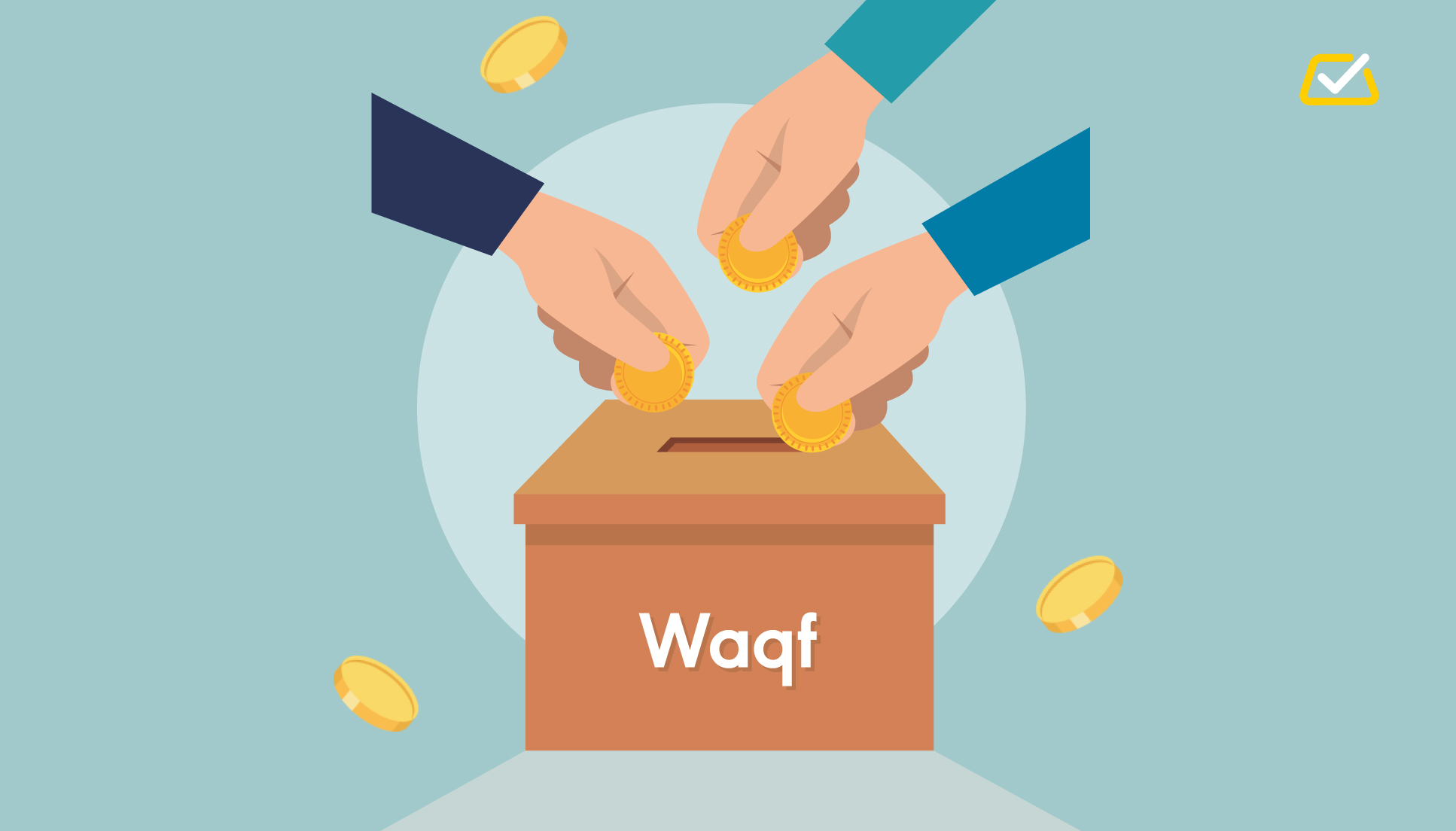Supreme Court Proposes To Pass Interim Order On Waqf Amendment Act Challenge
“If you are going to denotify waqf-by-user properties, it will be an issue,” CJI Khanna said.
The Supreme Court of India is currently hearing petitions challenging the constitutional validityof the Waqf (Amendment) Act, 2025. During a hearing on Wednesday, April 16, 2025, theSupreme Court proposed an interim order to protect waqf properties that have already beendeclared as such by courts.Here’s a breakdown of the key points:
● Protection for Court-Declared Waqfs:
The Supreme Court proposed that propertiesalready declared as waqfs by courts, whether through formal deeds or by long-term usage(“waqf by user”), should not be de-notified or treated as non-waqf properties while thecourt is hearing the challenge to the Waqf Amendment Act, 2025.
● Concerns about “Waqf by User”:
The court raised concerns about the new lawpotentially invalidating the concept of “waqf by user,” where properties have beenrecognized as waqfs based on continuous use for religious or charitable purposes overlong periods, even without formal documentation. The Chief Justice of India, SanjivKhanna, noted that undoing such recognition could create significant problems, especiallyfor old establishments like mosques that might lack formal ownership records.
● Collector’s Inquiry:
The court also proposed that a provision in the amended Act, whichstates that a waqf property will not be treated as a waqf while a Collector is inquiringwhether it is government land, should not be implemented for the time being.
● Composition of Waqf Boards:
Another key concern raised by the Supreme Court wasthe inclusion of non-Muslims in Waqf Boards and the Central Waqf Council under theamended law. The court suggested that all members of these bodies, except for ex-officiomembers, should be Muslims. The court even questioned the Centre on whether Muslimswould be allowed to be part of Hindu religious trusts, indicating a concern about theprinciple of religious autonomy.
● No Stay on the Act Yet:
While the Supreme Court proposed these interim measures, itdid not issue a formal stay on the operation of the entire Waqf Amendment Act, 2025. TheCentre requested more time to respond to the court’s concerns.
● Further Hearing:
The Supreme Court has decided to continue hearing the petitions onThursday, April 17, 2025, at 2 PM. It will then likely decide on the proposed interim ordersand further course of action in the case.
● Government’s Stand:
The Solicitor General, representing the central government,argued for a detailed hearing before any interim order is passed. He also mentioned thata significant number of Muslims prefer not to be governed by the Waqf Act.
● Petitioners’ Arguments:
Lawyers representing the petitioners argued that theamendments interfere with essential religious practices and violate the fundamental rightsof Muslims.General Information about Waqfs:A “waqf” is an Islamic legal term for a religious or charitable endowment. It involves dedicating aproperty for religious, educational, or charitable purposes in perpetuity. Once a property isdeclared a waqf, it becomes inalienable and its benefits are used for the designatedbeneficiaries. Waqfs play a significant role in Muslim societies, supporting various communityservices and institutions. The Waqf Act in India governs the administration and management ofthese properties. The recent amendments have sparked debate and legal challengesconcerning their potential impact on the nature and governance of waqf properties.
